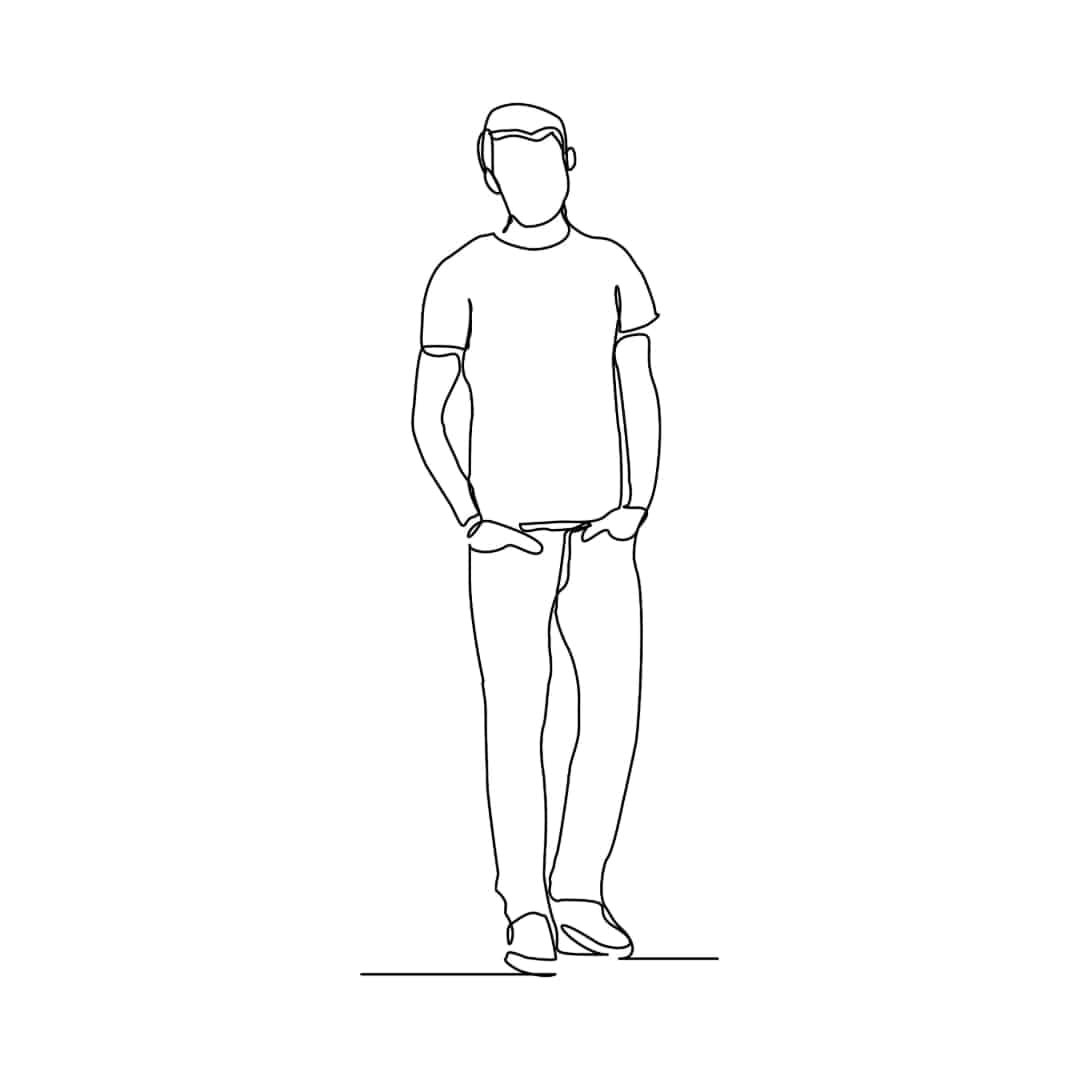Heroin Withdrawal Information
Home » Addiction Treatment Programs PA » Addiction Treatment Services » Heroin Addiction Rehab
Benefits » Heroin Withdrawal Information
Benefits » Heroin Withdrawal Information
If you want to combat an addiction to heroin, withdrawal is a key part of the puzzle. While heroin withdrawal isn’t a particularly pleasant step, it is necessary. Learning more about withdrawal can be a helpful way to prepare for detox and addiction treatment in the future.

Why is Heroin Withdrawal so Important?
Those who are addicted to a drug like heroin desperately need to go through withdrawal. Unless a detox is completed and withdrawal has finished, the addiction is still ongoing. Withdrawal is the body learning to function without access to opioid drugs like heroin.
When individuals become addicted to heroin, their systems are entirely dependent on the drug. This is not just physical, although that is a big component. The chemical pathways in their brains are rewired, and the reward system only recognizes heroin. Through withdrawal, patients can gain back control over their bodies and their minds.
How Long Does a Withdrawal From Heroin Last?
Every drug withdrawal is different and so is each patient. That means the duration of withdrawal is not set in stone. However, most patients can completely work through withdrawal in under one week.
Typically, the first symptoms of withdrawal will appear within 10 hours of the last dose. Then, symptoms will increase in intensity. The peak of withdrawal is often three to four days into the detox.
After that peak, symptoms lessen over time. Most patients will be free from all withdrawal symptoms in six to seven days. However, there is a chance for lingering symptoms, especially psychological ones.
Can You Go Through Withdrawal on Your Own?
There are a lot of people who want to break their heroin addiction and understand the necessity of detox. However, far too many people try to complete detox on their own. Doing this is more than just unsafe; it will also likely be unsuccessful.
Going through withdrawal alone makes the whole process harder than it has to be. In a professional heroin detox and addiction treatment center, patients will have access to resources like prescription medications and medical care. This eases withdrawal symptoms, and it also ensures safety for patients.
To top it all off, solo detox means no accountability. When cravings and temptations are strong, and symptoms peak, it is hard to resist. In a secure detox environment, it is much easier to stay sober and work through the heroin withdrawal.
What are the Most Common Symptoms of a Withdrawal From Heroin?
A heroin withdrawal will result in a number of unpleasant side effects, also known as withdrawal symptoms. These are necessary, but they aren’t always comfortable. Fortunately, medical professionals can minimize any discomfort.
Many withdrawal symptoms are physical in nature. They might include dilated pupils, diarrhea, abdominal cramping, nausea, muscle aches or sweating.
Symptoms can also be psychological. It is normal to struggle with insomnia and deep, restful sleep can be a challenge. Also common are conditions such as anxiety and depression.
What Kind of Treatment is Needed After Withdrawal?
Addiction therapy is about more than just detox. Once withdrawal is completed, patients need access to addiction treatment programs that can end addiction for good. This approach can educate patients about relapse, offer therapy and get to the root cause of an addiction.
Treatment for heroin addiction can include:
- Individual therapy
- Group counseling
- Trauma therapy
- Family counseling
- Holistic therapies
In order to overcome an addiction to heroin, detox and withdrawal are required. At Silver Pines Treatment Center in Hazleton, Pennsylvania, you can begin the process of recovering from an addiction once and for all. Take back control over your life by calling 267.209.7313.
Get Treatment Today
Recent Posts
Related Resources
The Relationship Between Bipolar Disorder and Addiction
07/22/2024
Bipolar disorder is a mental health condition characterized by extreme mood swings that can negatively affect a person’s daily functioning, relationships, and quality of life. ...
Detox: The First Stage of Addiction Treatment
04/10/2024
Addiction recovery is a challenging journey filled with ups and downs, and relapses can be a painful part of the process.
Breaking the Cycle: The Role of Codependency in Substance Abuse
03/22/2024
Addiction recovery is a challenging journey filled with ups and downs, and relapses can be a painful part of the process.
Supporting Recovery Together: The Advantages of Family Counseling in Addiction Recovery
03/08/2024
Addiction recovery is a challenging journey filled with ups and downs, and relapses can be a painful part of the process.
Whit’s Journey to Recovery: From Darkness to Sobriety at Silver Pines
02/28/2024
At the beginning of 2022, Whit was at the lowest point of his life. He was eight years into a relapse, following 14 years of ...
Assessing Your Alcohol Use: 15 Signs of Potential Alcoholism
02/24/2024
Addiction recovery is a challenging journey filled with ups and downs, and relapses can be a painful part of the process.





